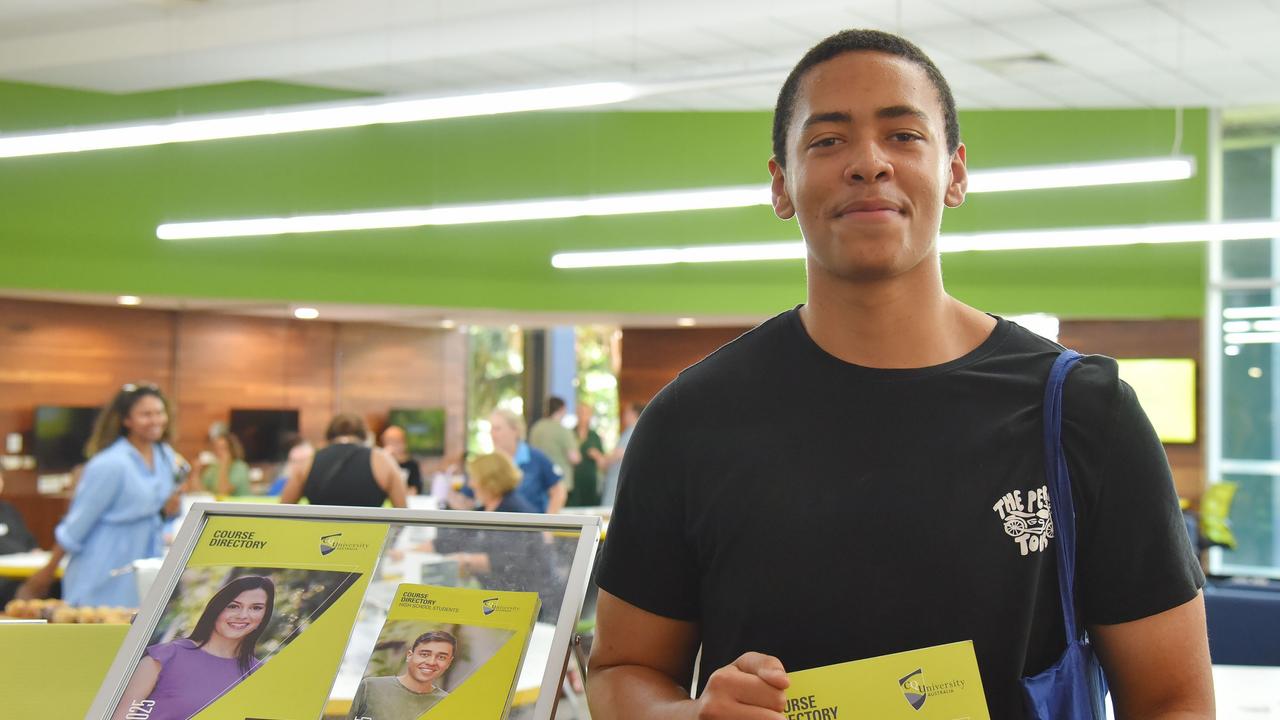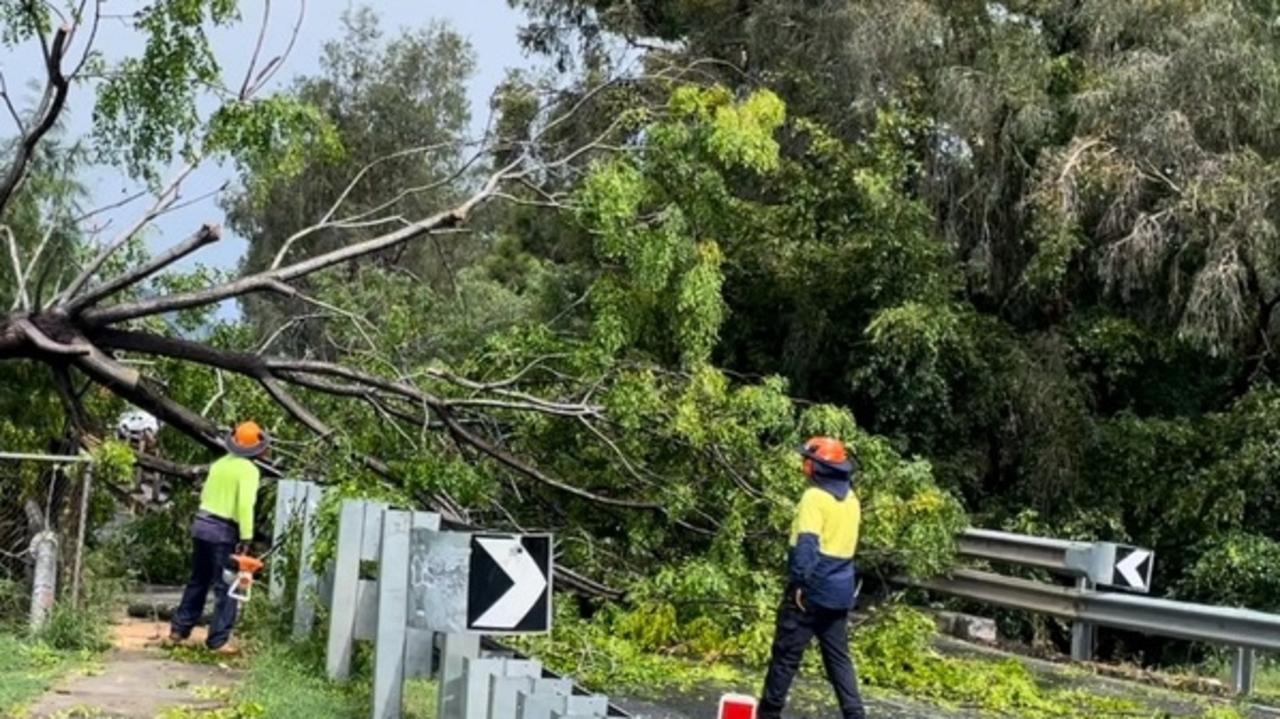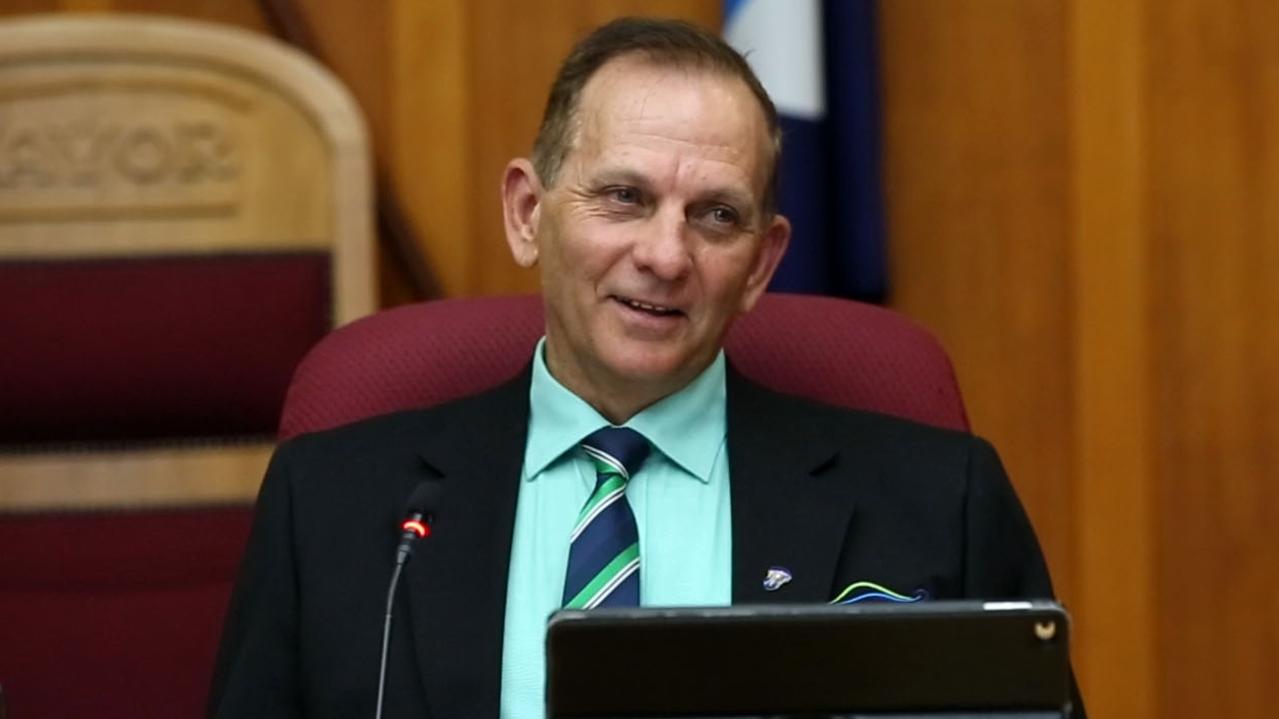How reversing labour hire trend could bolster Bowen Basin towns
Job security hearing links childcare shortage to casualisation and issues attracting professionals long-term to CQ towns. Almost $3 million in funding is expected to help expand facilities and places across the Mackay, Isaac and Whitsunday regions.
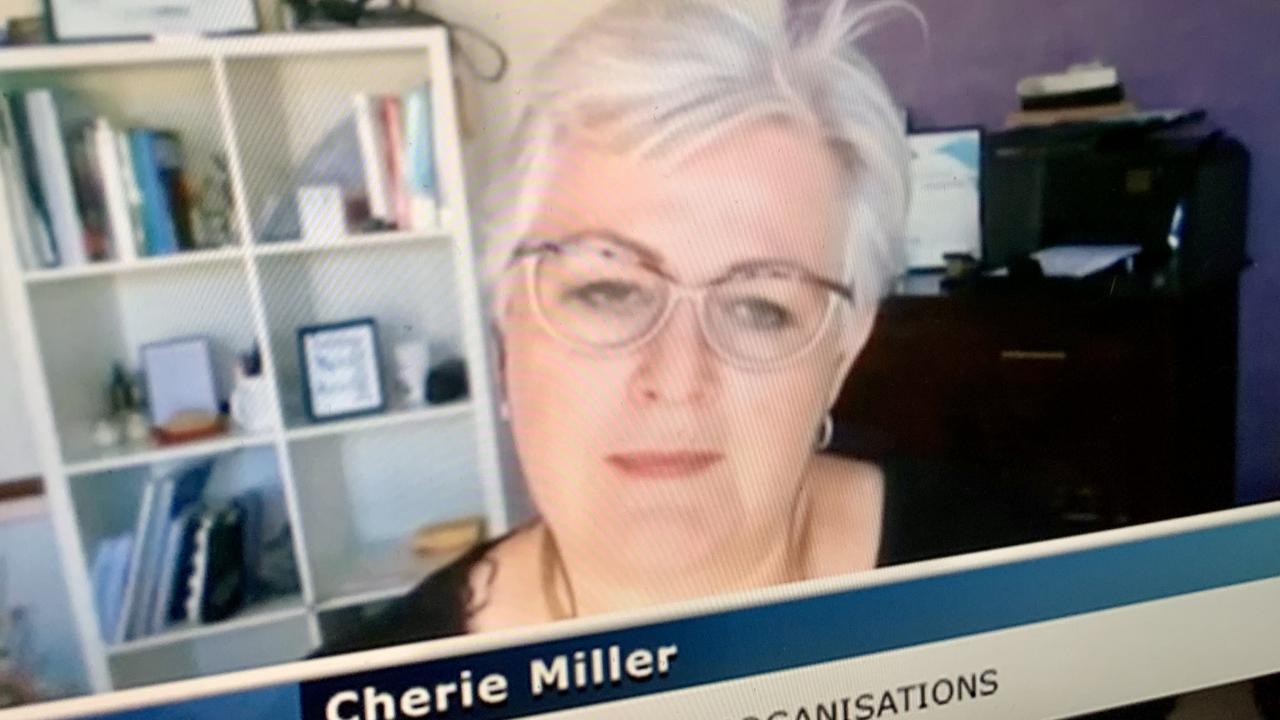
Community News
Don't miss out on the headlines from Community News. Followed categories will be added to My News.
‘A young person with a permanent position will be able to buy a home somewhere and set themselves up for life. They will provide that security to their family.’
Childcare centres in Moranbah will share in an extra $1.74 million for services across Capricornia.
The funding comes after a Senate hearing into job security highlighted issues in the sector (see below) including attracting professionals to health and childcare in the mining town.
Capricornia MP Michelle Landry said 13 services would receive funding through the Community Child Care Fund which worked to help improve access to childcare and increase workforce participation in remote, regional and disadvantaged communities.
“This funding will help local childcare services improve access to quality care, particularly in more rural parts of Capricornia,” she said.
“It will be good for our local kids, good for our hard-working families and ultimately for our community.
“It will also have a positive economic benefit by allowing more local parents to get back into work or to take on additional hours if they chose.”
Childcare services in Rockhampton, Lammermoor, Dysart, Walkerston, Marian, Alligator Creek, Moranbah and Middlemount will benefit from the funds to keep operating, to fund capital projects to improve services or to increase the number of places available.
In neighbouring Dawson electorate, five childcare centres in Mackay, one in Bowen, one in Proserpine and two in the Townsville region will share in $1 million extra funding.
“This funding will help local childcare services improve access to quality early childhood education and care,” MP George Christensen said.
Education Minister Alan Tudge said more than 640 childcare services around Australia would share in more than $100 million through the program.
“In some remote areas, there may only be one or two childcare services operating and it is critical we keep these open and help improve and expand facilities so more kids can attend," he said.
“This program also helps services to run initiatives that reduce barriers which may otherwise prevent local kids from accessing care.”
How reversing labour hire trend could bolster Bowen Basin towns
Reversing a trend toward casualisation could bolster Bowen Basin communities and attract professionals willing to make Isaac towns their home.
Moranbah’s Cherie Miller shared that view after years working in health care and suicide prevention, saying job security would improve issues with childcare and healthcare delivery as well as enabling workers to get bank loans to invest in housing.
She said reversing the path toward casualisation would have a marked impact on her community.
“A young person with a permanent position will be able to buy a home somewhere and set themselves up for life,” she told a Senate Select Committee on Job Security.
“They will provide that security to their family.
“They won’t go to work today and find out they don’t have a job tomorrow.
“That will be really important to everyone’s mental health; there will be a flow-on effect in our community which has seen those negative impacts for so long.”
Mrs Miller has been the Moranbah Community Health Partnership chairwoman, a volunteer position, for eight years and runs suicide prevention programs through her business Patria Consulting.
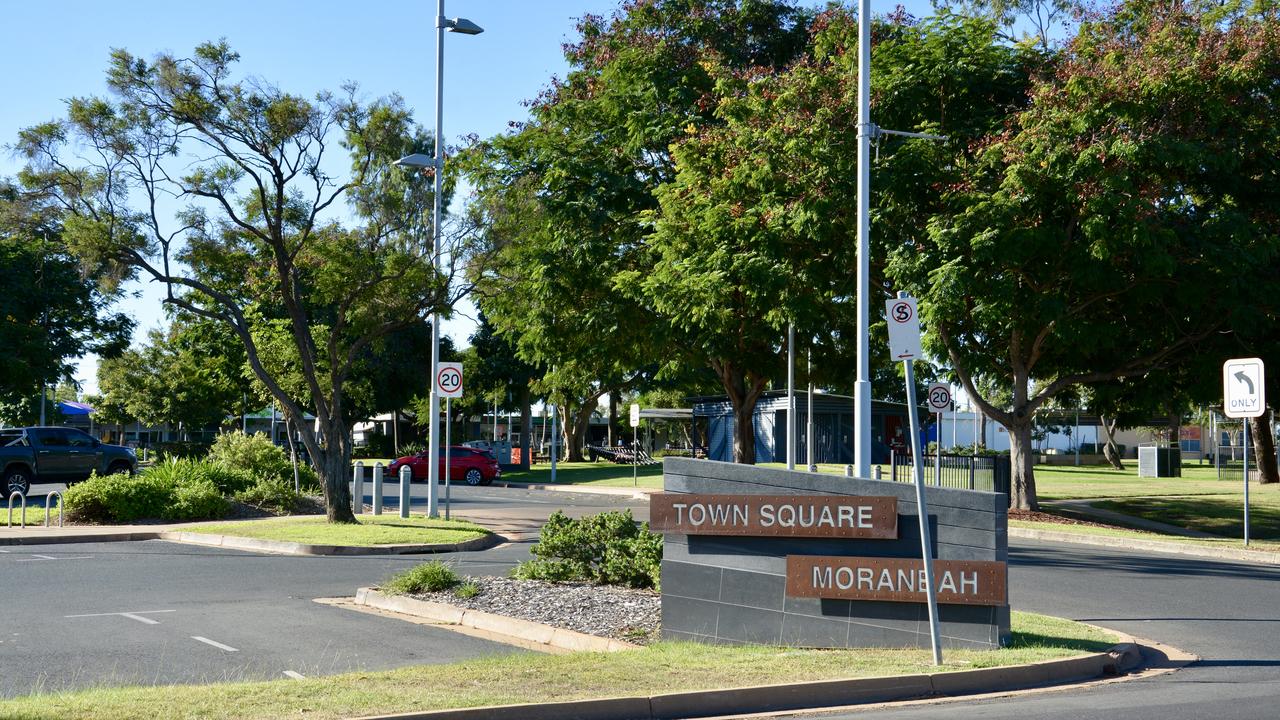
She began as chair when she worked in a paid role for the partnership but she told the inquiry she was made redundant from the position during the move from Medicare Local to Primary Health Network.
“I represented the entire local government region of the Isaac region in my role at that stage,” she said.
“Disappointingly, still to this day there is no-one that represents that region now through the Primary Health Network.
“I can tell you it is extremely hard to get people who want to move to our community to provide our medical services.
“When you’re living, breathing and working in your community and your heart is in it, you understand what it is about.
“We have doctors that are still providing locum services that should have left here a number of years ago, but they keep coming back to provide locum services to the community.
“If we can attract health professionals to our community, we can then have that stability of our health services. That’s of critical importance to living in a rural area.
“I also work part-time at the local physiotherapy practice in the community.
“When I have a medical professional ring me and say, ‘I want to move to the area; my husband works in the region’, I am going to jump on that person and try and encourage them to move to our region because having somebody here, living locally, makes a lot of difference.
“Where I currently work we have a number of FIFO, fly-in fly-out, physiotherapists from Brisbane who do a week on and a week off.”
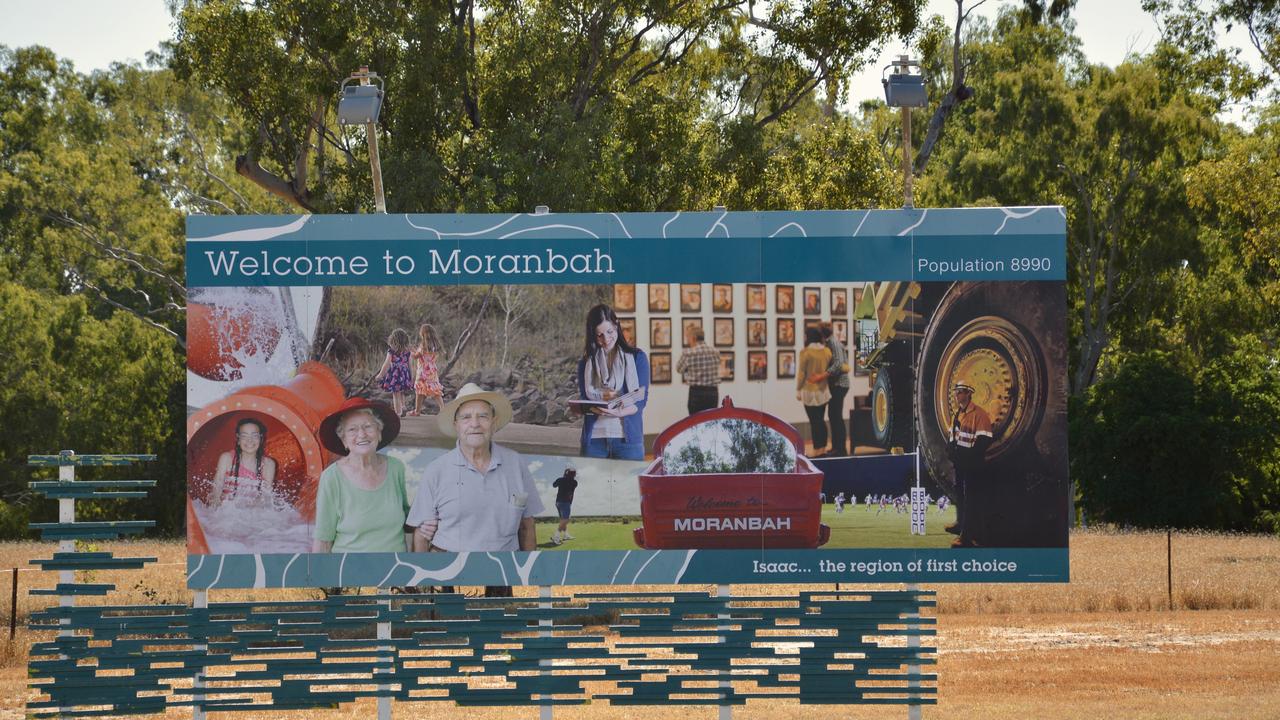
Mrs Miller, who is married to a miner, said she had most recently witnessed the effect of job insecurity from casualisation in the region through the lack of qualified staff and long wait lists at local childcare centres.
Her part-time role at a physiotherapy practice enabled her to share a poignant anecdote with the Senators.
“The issue we have at the moment is that one of our physios was unfortunately unable to complete her final exams last year due to Covid,” Mrs Miller said.
“Melbourne was in lockdown and she couldn’t physically travel there, and it stopped her doing her final exams.
“She has now had a baby and is unable to return to work because she can’t get childcare.
“The impact on the community is going to be quite considerable if she doesn’t complete her exams this year.
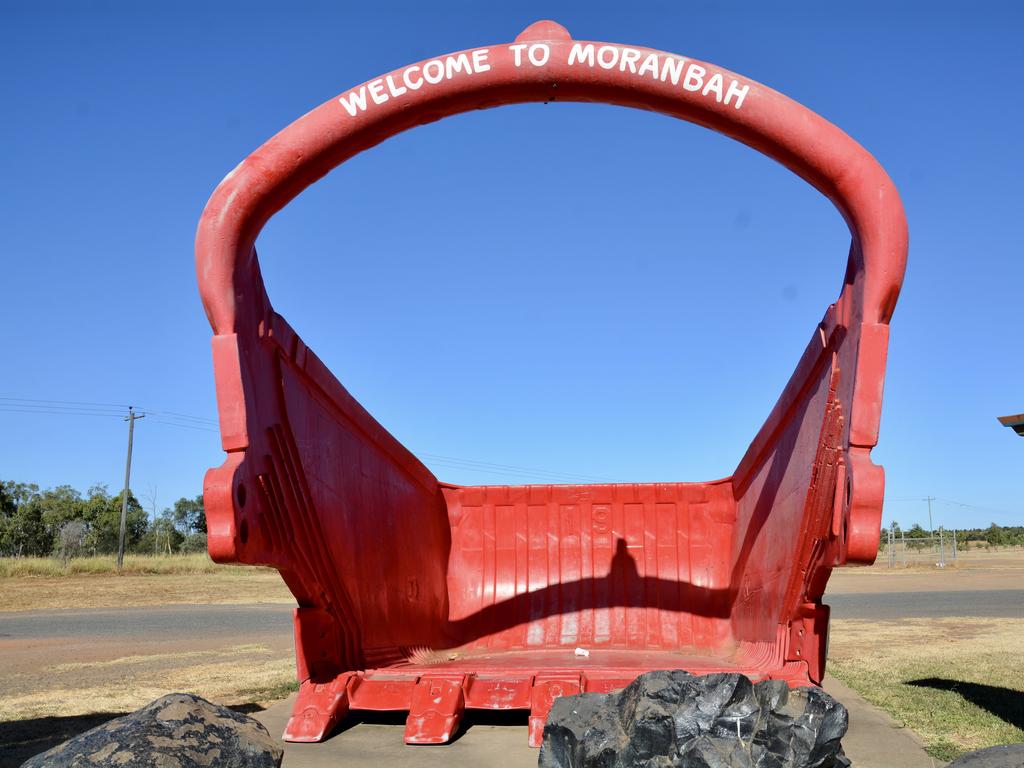
More stories:
Mines ‘grandfathering’ permanent jobs for ‘nefarious’ reasons
Dispute over casualisation rate in the mining industry before Senate
Isaac Mayor: ‘We are actually living a casualisation pandemic’
Why insecure work is putting women in a dangerous position
“If she doesn’t actually do her face-to-face clinical treatment, she won’t be able to complete her exams.
“The other huge impact for us is that quite often people’s husbands are contractors, and once they finish their position they go, and we lose that health professional.
“How can we make a sustainable health service in our region by encouraging them to stay?
“The only way we can encourage them to stay is if their husbands have employment, if the rent prices aren’t increasing every six months, as they do in our community, and if we are able to provide child care.”
Mrs Miller told the inquiry another ongoing concern was that there was only one psychology practice in Moranbah and it focused on mining companies.
“At times when that practice gets extremely busy, the community gets forgotten,” she said.
“The practice doesn’t take private patients, but it does the employee assistance program.
“People don’t want to go. They’re scared that information is going to be handed on to their employer and, therefore, they will lose their job. It’s a bit of a vicious circle.
“The other main thing that I’ve identified most recently is … that people aren’t coming and getting the support they require for their workplace injuries and reporting them, because they are concerned about further employment and what will happen with that aspect of it.”
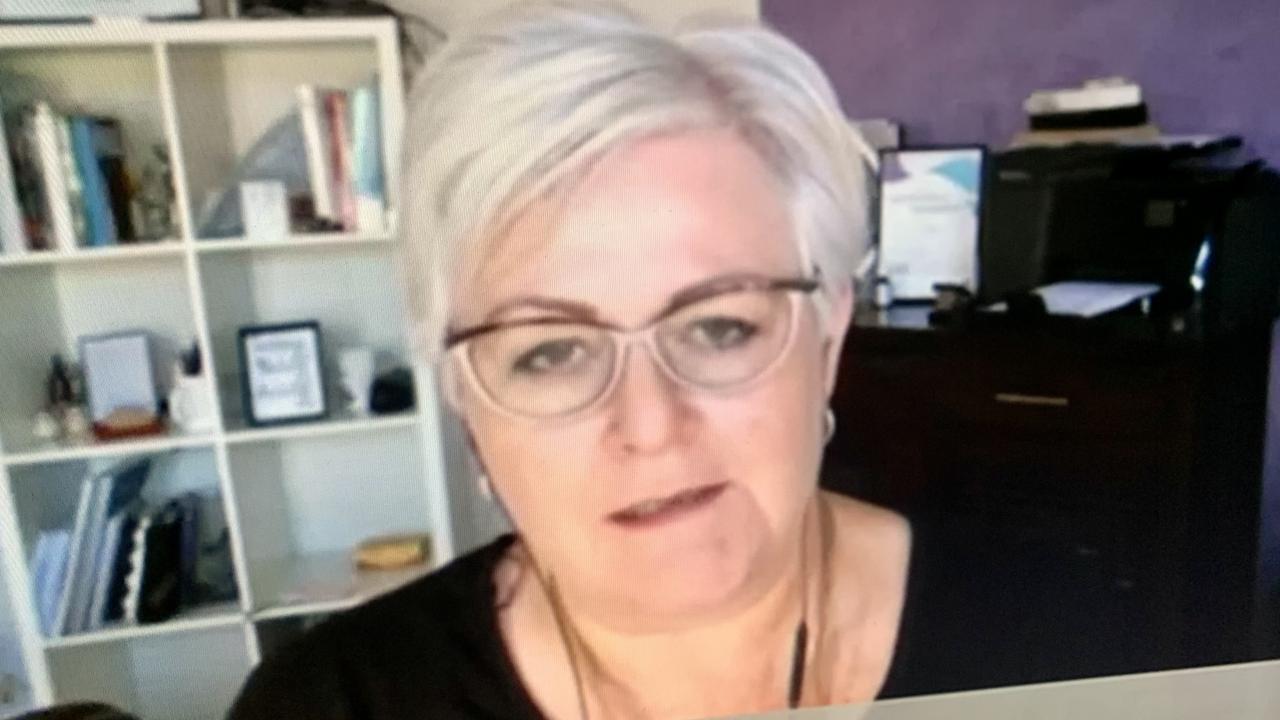
Mrs Miller said she gave evidence in 2015 in a Queensland parliamentary public inquiry into labour hire and she was disappointed to be addressing the same concerns six years on.
She said she had “hardcore data” of an increase in domestic violence and drug abuse in young people when she spoke then but now only had anecdotal evidence it was increasing.
Through her suicide prevention work, Mrs Miller said people were concerned mostly about job security – both their position and their spouses’s position.
“It’s around the social determinants of health. If they lose their job, will they become homeless? Do they have a home within their job? It is a very complex issue, but it certainly all comes back to the fact that there is job insecurity in our community, the wider region and across Australia,” she said.
“I don’t want to be sitting here in six years time having the same conversation again. I’d like to see some change.”
The committee will hear from more witnesses in the mining industry next week.
More Coverage
Originally published as How reversing labour hire trend could bolster Bowen Basin towns






